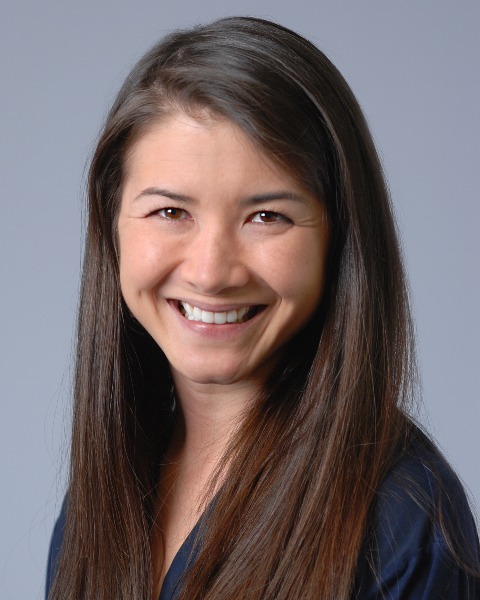Developmental and Behavioral Pediatrics: Autism
Developmental and Behavioral Pediatrics 7
609 - Development of a Culturally Adapted Behavioral Intervention for Caregivers of Children with Autism Spectrum Disorder in Western Kenya and Indiana
Monday, May 1, 2023
9:30 AM - 11:30 AM ET
Poster Number: 609
Publication Number: 609.402
Publication Number: 609.402
Amira Nafiseh, Indiana University School of Medicine, Indianapolis, IN, United States; Rebecca McNally Keehn, Indiana University School of Medicine, Indianapolis, IN, United States; Mandy J. Rispoli, University of Virginia School of Education and Human Development, Charlottesville, VA, United States; Saina Chelagat, Moi teacher and referral hospital eldoret krnys, Uasin gishu, Rift Valley, Kenya; Tonia Hassinger, DDSi, Inc., Carmel, IN, United States; Laurel M. Stewart, DDSi, Inc., Greenfield, IN, United States; Felicita Wangechi. Omari, Moi University school of medicine, Wangaratta, Victoria, Australia; Judith M.S.. Gross, Indiana University, Bloomington, IN, United States; Megan S. McHenry, Indiana University, Indianapolis, IN, United States

Megan S. McHenry, MD, MS (she/her/hers)
Assistant Professor of Pediatrics
Indiana University
Indianapolis, Indiana, United States
Presenting Author(s)
Background: Autism spectrum disorder (ASD) is a common developmental disability, impacting all racial and socioeconomic groups, with prevalence of 1 in 44 children in the U.S. and 1 in 100 globally.1,2,3 Early diagnosis and intervention improve outcomes and reduce care costs for children with ASD,4,5 yet many barriers exist to accessing services.6,7 Disparities are greater for children from diverse sociocultural groups and under-resourced regions.8,9,10,11 As such, there is a critical need for contextually adapted, community-based programs that educate caregivers to support children with ASD globally.
One potential solution to address poor access to intervention is reciprocal innovation (RI), which is the bidirectional and iterative exchange between two different settings to address a common health challenge and provide mutual benefit to both sides.12 In both rural Indiana and western Kenya, access to effective ASD interventions, such as applied behavior analysis (ABA), is a challenge.8 A group-based caregiver training intervention that is contextually adapted has great potential to benefit families in both settings.
Objective: To develop and pilot a contextually and culturally grounded behavioral skills group-based training for caregivers of children with ASD in Kenya and Indiana.
Design/Methods: This intervention was built within the Academic Model Providing Access to Healthcare (AMPATH), a 30-year collaboration among Kenyan and U.S. institutions, led by Indiana University, based in Eldoret, Kenya. The U.S. and Kenya-based study team, with broad expertise in ASD, employed the Ecological Validity Model (Figure 1)13 to co-develop a caregiver intervention grounded in principles of ABA that could be implemented in Indiana and Kenya. Real-time iterative refinement cycles were used to optimize caregiver experience in Kenya and prepare for the launch of a telehealth adapted curriculum for families in Indiana.
Results: From March 2021 - present, we collaboratively developed the caregiver intervention that is to be launched in western Kenya and Indiana, allowing for this program of reciprocal innovation to come to fruition (Figure 2). This intervention includes 10 weekly sessions, lasting 2-4 hours (Figure 3).
Conclusion(s): This culturally grounded ABA intervention was successfully developed and is currently being implemented. Qualitative and quantitative outcomes are being measured to guide ongoing refinement for dissemination across other settings. There is immense value in collaborating with partners across the globe to develop content accessible for all settings.
.png)
.png)
.png)
